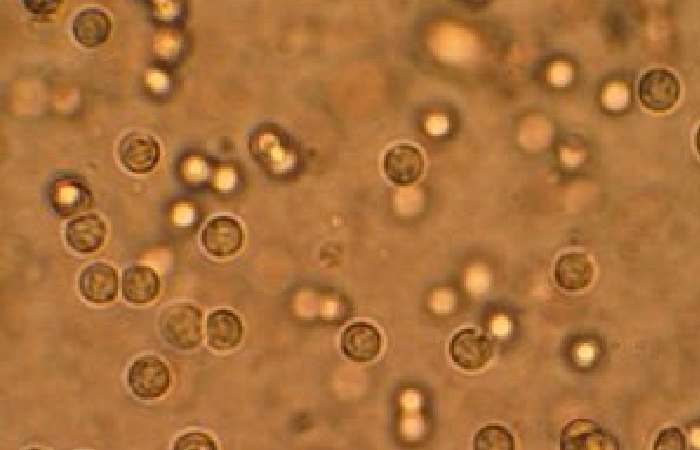Pus Cells in Urine 25-30 Hpf Treatment – Pus cells are the dead white blood cells that gather in your blood when your immune system activates by an infection. These cells create a yellowish or whitish-yellow colored fluid at the site of the disease, known as the liquor puris, rich in proteins. You can find these pus cells in urine in some cases whereas in certain other cases, there is the presence of both pus cells and white blood cells in urine which is known as pyuria.
Pyuria is of two different types sterile and non-real sterile.
Sterile: In sterile pyuria only pus cells are present in the urine and no bacteria is detected.
Non-real sterile: In non-real sterile pyuria pus cells along with bacteria are detected in the urine.
How to diagnose Pyuria?
Urinalysis enables you to find pus cells. In this case, you need to contact your doctor and perform further tests to figure out the main cause of pus cells in urine.
How many pus cells are described as normal in urine?
Usually, four pus cells in urine are normal if the number exceeds more than that it is a matter of concern as it indicates certain underlying problems. The pus cells normal range differs for men and women when observed under a high-powered microscope
In males, less than four pus cells/HPF in urine comes under the normal range whereas in females 5 to 7 cells/HPF are considered as normal range. Any changes in the quantity of pus cells in urine are also physically observable in your urine. The urine may look thicker and cloudy, just like pus. That’s why it is important to consult a doctor when you observe changes in urine
What is the reason for the formation of pus cells in urine?

Viral or bacterial infection results in the formation of pus cells in urine. Besides bacteria, there are certain other reasons you may find pus cells in urine and they are as follows:
• Urinary tract infection: It refers to an infection in any part of the urinary system such as the bladder, urethra, ureter, or kidneys.
• Sexually transmitted infections (STIs) e.g., gonorrhea
• Parasites
• Polycystic kidney disease
• Autoimmune disease
• Tumour in the urinary tract
• Urinary tract stones
• Consumption of nonsteroidal anti-inflammatory drugs (NSAIDs) like ibuprofen or aspirin
• Tuberculosis
• Interstitial cystitis
• Kidney diseases
• Bacteremia with sepsis
• Pneumonia
• Prostatitis
• Diuretics
• Penicillin antibiotics
• Proton pump inhibitors like omeprazole
When should you go for a pus cell in urine test?
The existence of pus cells in urine usually shows a urinary tract infection or, in some severe cases, can be a symptom of sepsis or other health conditions. When you notice one or more symptoms, you should immediately consult your doctor and go for your pus cells in urine test.
Treatment for pus cells in urine
Your pus cells in urine treatment depend on the cause. For pus cells in the urine, 25-30 hpf treatment your doctor will mostly prescribe a round of antibiotics as in this case pyuria can be because of UITs, bacteria STIs, or tuberculosis.
You may need the following tests to find pus cells in urine samples
Pus cells in urine test/urine study: This is the initial step to find pus cells in urine. To measure the amount of pus cells in the urine a sample of urine remains examined under the microscope.
Urine culture: This test helps to know if a bacterial infection causes the existence of pus cells in urine. A sample of the bacteria in the urine sample remains cultivated to help identify the specific type of bacteria causing pyuria.
Additional tests: When the pus cells in urine are because of an underlying condition other than a urinary tract infection. You may require to go through additional tests. These tests help you to find the disease such as ultrasounds, kidney function, and complete blood count tests.
Ends
Pyuria is a condition where you will detect pus cells or white blood cells in your pee. If you notice a quick change in the color or smell of your urine you should immediately contact doctor and find out if there is a cause for concern. Usually, up to four pus cells in urine are normal however any more than that you may have to go through further tests.


